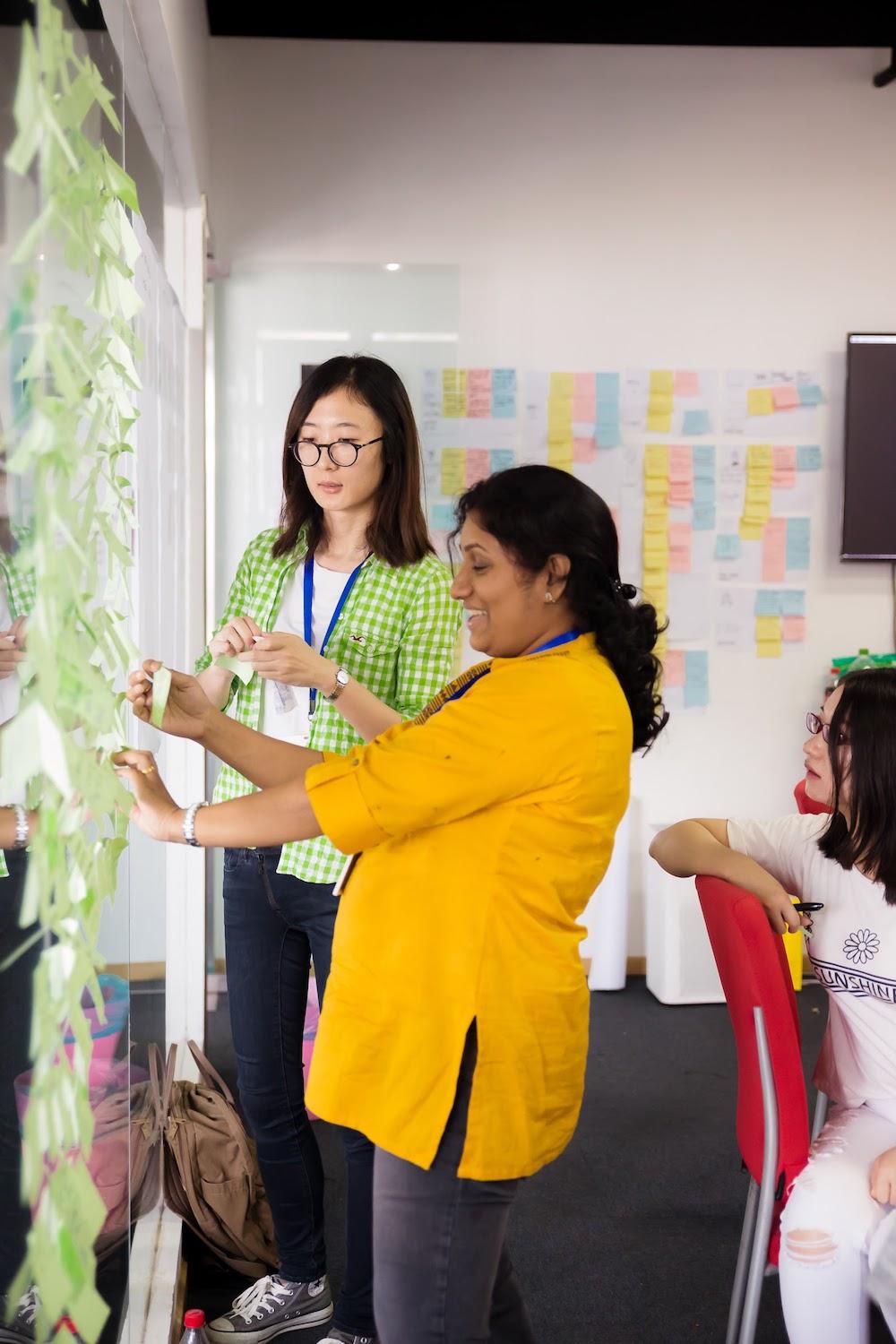Careers at Thoughtworks
Tips to making a ‘lateral move’ work





Disclaimer: The statements and opinions expressed in this article are those of the author(s) and do not necessarily reflect the positions of Thoughtworks.
